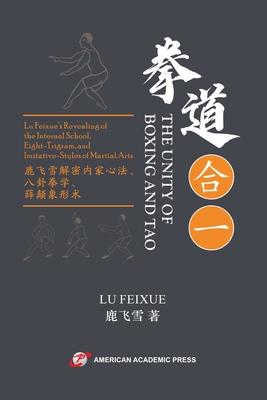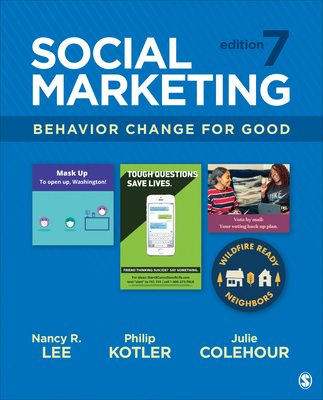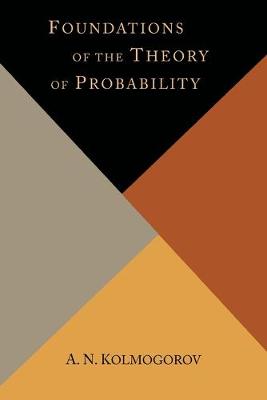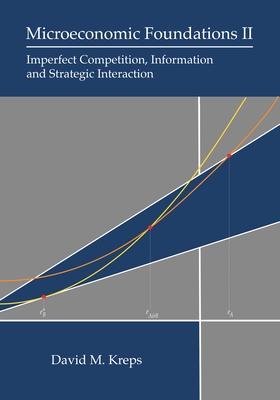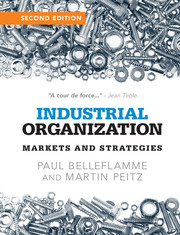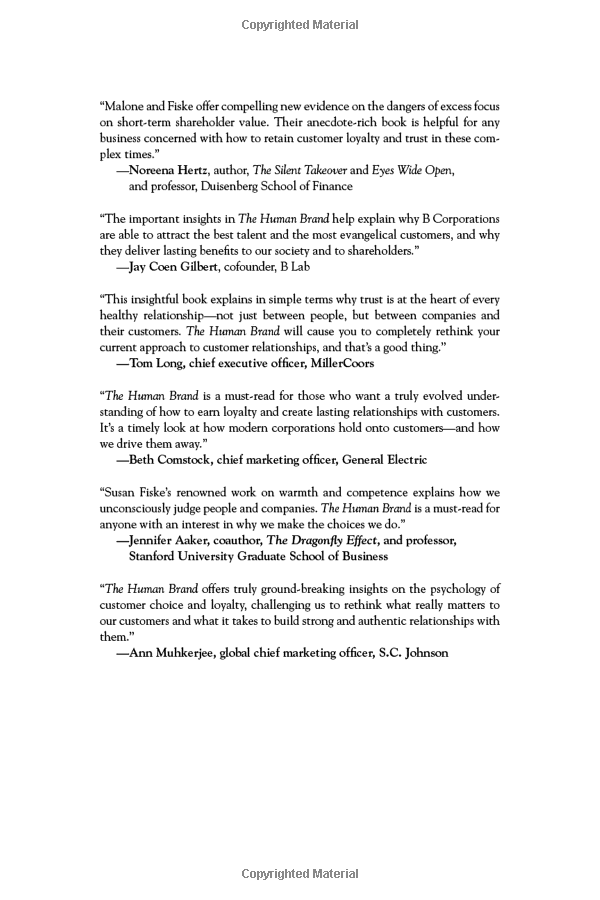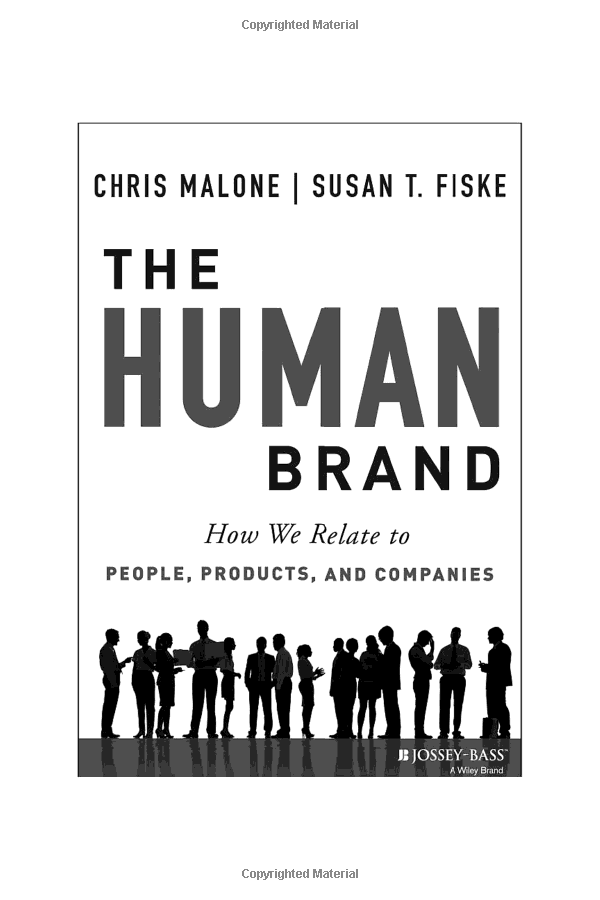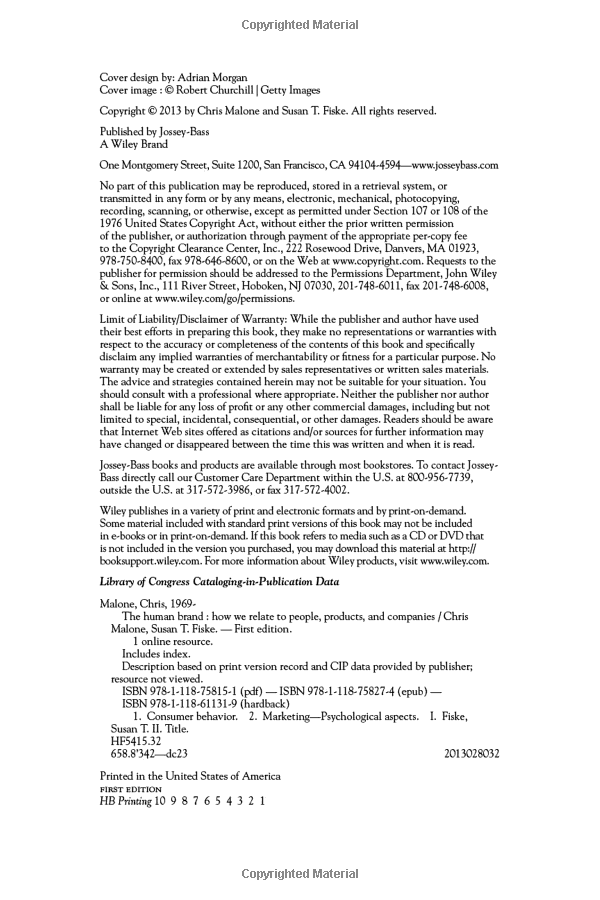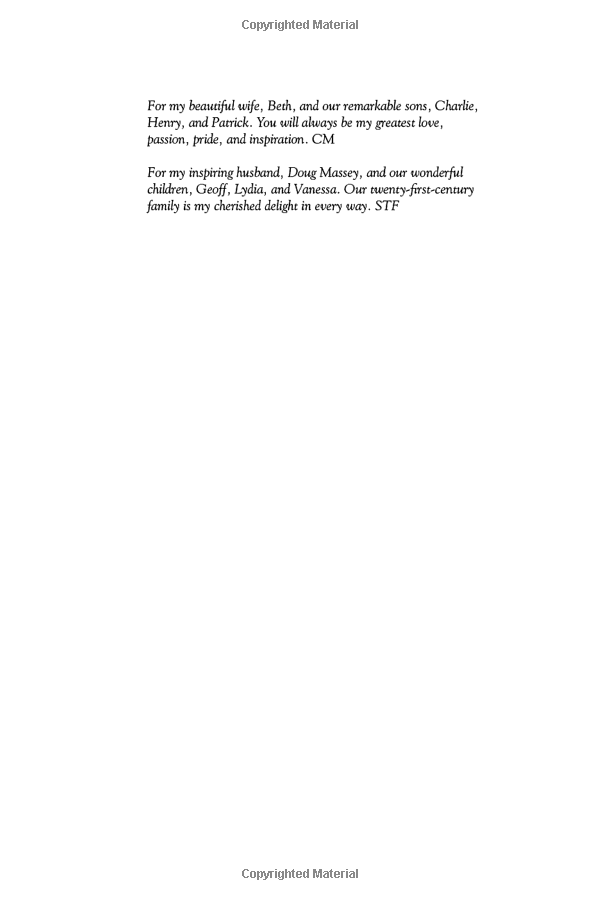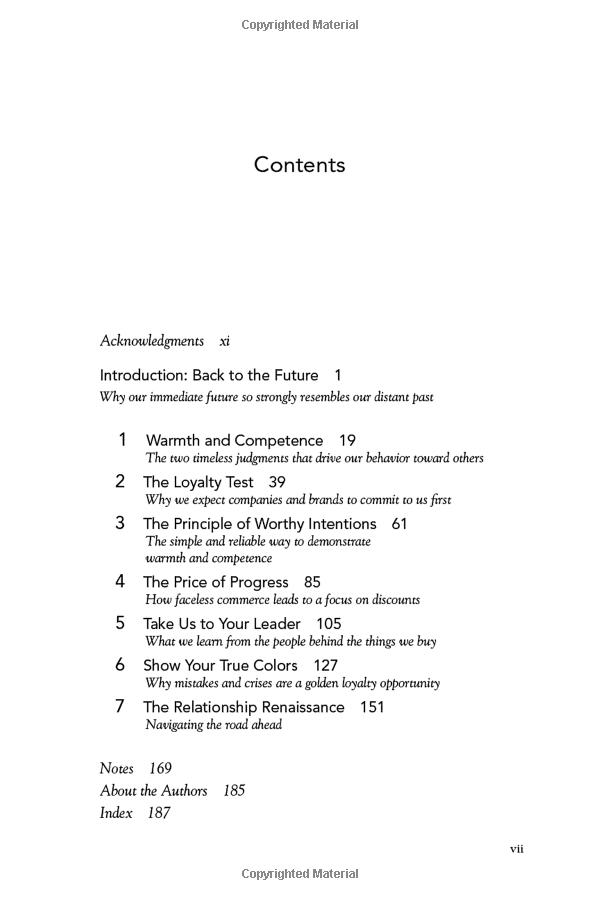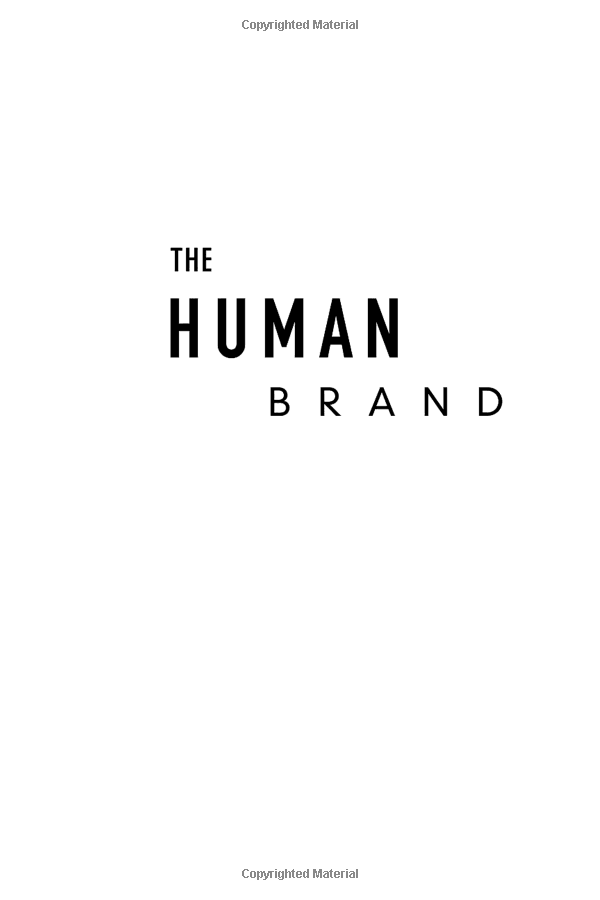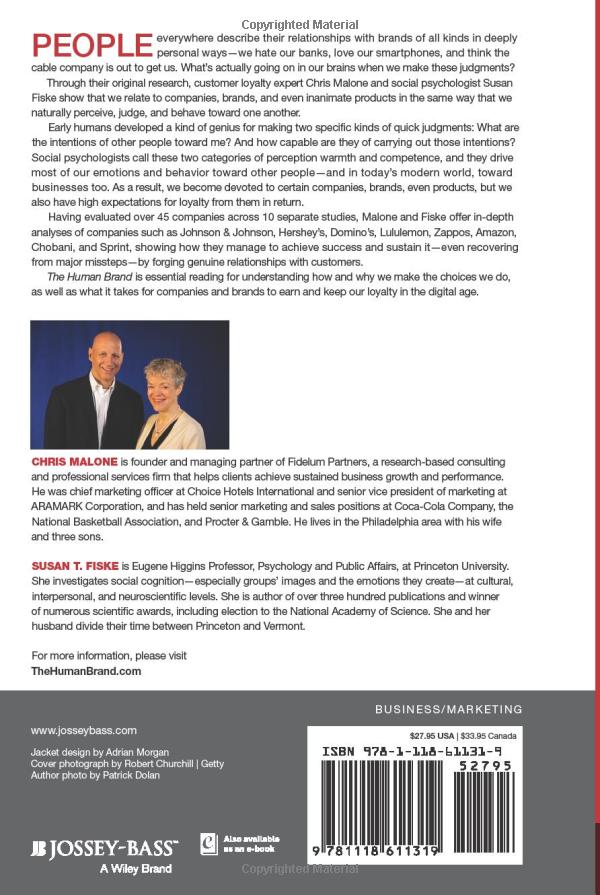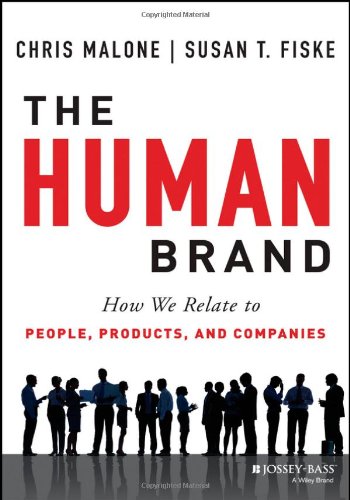
The Human Brand
人的品牌:我们如何与人员、产品和企业交往
¥
212.5
售 价:
¥
170.00
优惠
平台大促 低至8折优惠
发货周期:预计1-3天发货!
作 者
出 版 社
出版时间
2013年09月24日
装 帧
精装
页 码
208
语 种
英文
综合评分
暂无评分
- 图书详情
- 目次
- 买家须知
- 书评(0)
- 权威书评(0)
图书简介
When marketers use terms like personality, character, and manner to describe a brand, theyre more accurate than they know. Consumers everywhere describe their relationship with brands in the same deeply personal way -- we hate our banks, love our iPhones, think our cell phone carrier is out to get us, and so on. What’s actually going on in our brains when we make these judgments? And what implication does it have for our branding strategy at work and our behavior as consumers? According to Chris Malone, a former CMO and marketing consultant to Fortune 500 companies, and Susan T. Fiske, an award-winning Princeton professor of psychology, these valuations comes from two simultaneous snap judgments of "warmth" (what intentions others have towards us) and "competence" (how capable they are of carrying out those intentions). Psychologists have long known that warmth and competence establish our impression of people; Malone and Fiske teamed up to study 5,000 U.S. adults and 41 leading brands, including such icons as McDonalds, Coca-Cola, Tropicana, Hersheys, and Mercedes, to find out if we do the same things with brands. Their research indicates that we see brands the same way we automatically perceive, judge, and behave toward one another. Based on their research and rich with insight into the implications of their finding, THE HUMAN BRAND helps readers of all kinds to rethink the conventional wisdom about brands and corporations, loyalty and resentment; to articulate their deepest-seated responses to companies and act effectively on those responses; and to inspire companies and brand owners to embrace warmth and competence consciously--before the market forces them to. THE HUMAN BRAND includes answers to fascinating questions such as: Why do customers continue to give Tylenol a pass, despite recent missteps, and cut Toyota no slack at all? What is the real reason so many customers hate banks, oil companies, and airlines; and why have those companies failed to understand how deep that hostility goes? What is the fundamental human difference between Apple the most valuable company in the world and its rival Amazon? Why do customers rate the Hershey bar higher after being told of the good works of the companys founder, though the product remains unchanged and what does that mean for product and service companies of all kinds? Why do we respond so strongly to brands-in-the-flesh like entertainers, actors, and athletes? And why does building better brands require better people behind them? Ultimately, THE HUMAN BRAND shows that successful brands and companies always put the best interests of the customers ahead of their own, and forge genuine relationships driven by worthy intentions toward customers. It is essential reading for revolutionizing how companies behave and making organizations more responsive to what people really value.
本书暂无推荐
本书暂无推荐
